Students often wonder, what is student loan forgiveness? Federal student loans provide more benefits in comparison with other loans. Notably, it enables you to qualify for loan forgiveness. In some cases, the federal government may forgive your entire student loan or some part of it. This indicates that you won’t be liable to repay your student loan. Another advantage is that you may be eligible for loan cancellation or discharge.
Following are a few most common types of loan forgiveness and discharge
- Teacher Loan Forgiveness
- Loan forgiveness for Nurses
- Loan forgiveness for Healthcare professionals
- Loan forgiveness for Lawyers
- Loan forgiveness for Military Professionals
- Temporary Expanded Public Service Loan Forgiveness
- Closed School Discharge
- Total and Permanent Disability Discharge
Remember, this is not a complete listing, and you are required to fulfil certain conditions and supply particular details to be eligible. Check if you are eligible.
Table of Contents
Teacher Loan Forgiveness
Full-time teaching in a low-income elementary school for full five years consecutively makes you eligible for loan forgiveness. In this way, you may qualify for forgiveness of the amount from $ 5,000 to$17,500for The Federal Family Education Loan (FFEL) or on Direct Loan. However, you have to get complete information about the eligibility requirement and the procedure to apply.
This program was established in 1998 to motivate teachers to take up the job at elementary schools, secondary schools and institutes of educational services that are providing services to low-income households. Every year, the U.S. Department of Education issues the list of low-income educational institutes.
Read More: What is Student Loan Forgiveness in the USA?
Loan Forgiveness for Nurses
Nurse practitioners, nursing faculty members and registered nurses, who perform their duties in impoverished or low-income localities or in the areas that face nursing shortages are eligible for loan forgiveness of up to 85%. They receive loan forgiveness according to the NURSE Corps Loan Repayment Plan.
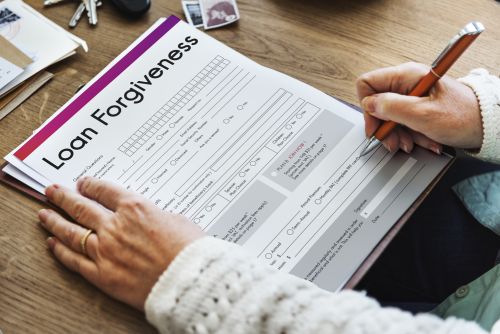
Qualified individuals may be entitled to 60% of loan forgiveness. Forgiveness of the remaining 25% is subject to three years working. A few states provide loan repayment assistance. You can check your eligibility on the official website of Loan Forgiveness for Nurses.
Loan Forgiveness Policy for Healthcare professionals
Healthcare professionals such as physicians, pharmacists, mental healthcare workers and dentists can also avail the options of loan forgiveness. The requirements vary according to the program you choose.
Loan Forgiveness for Lawyers
Law professionals also get the benefit of the loan forgiveness program. A few years’ practices in the public sector make them eligible for loan forgiveness. For instance, the Department of Justice forgives up to $60,000 loan for law professionals who serve for a minimum three-year period.
Loan Forgiveness Program for Military Professionals
Every branch of the military has schemes that assist qualified members for loan forgiveness. The requirements vary depending upon the duration of services.
Public Service Loan Forgiveness (PSLF)
Government job or the employment with the non-profit organization makes you eligible for loan forgiveness according to the Public Service Loan Forgiveness Policy.
The Public Service Loan Forgiveness (PSLF) exempts you from the remaining balance on your Direct Loan once you have paid 120 qualify instalments every month according to the qualifying repayment policy during your full-time employment.
Read More: Top 10 Ways to Pay off Student Loan Quickly
Other Options If You Do Not Get PSLF
If the authorities do not approve your application for Public Service Loan Forgiveness (PSLF), even then you may receive the loan forgiveness facility according to Temporary Expanded Public Service Loan Forgiveness (TEPSLF).
Under this program, the Education Department reviews your eligibility through the expanded list of qualifying repayment program.
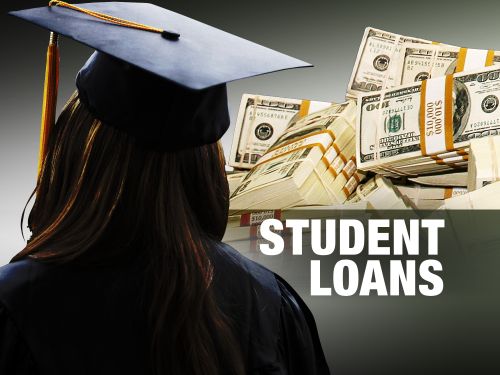
However, the opportunity is temporary as it does not have adequate funds available, and applicants would get that on first come and first served rule. After the utilization of all the funds, TEPSLF will terminate its program.
Closed School Discharge
If your school no longer remains functional or closes, but you are a registered student there, you may qualify for your student loan discharge. Some colleges have closed down, and the students qualified for the loan discharge.
You need to check the eligibility requirement and application process.
Read More: Is Student Loan Interest Tax-Deductible in the USA?
Borrower Defense to Repayment
If you are of the view that the school you attended misguided you or breached some rules and regulation, your federal student loan may be eligible for forgiveness, known as Borrower Defense to Repayment.
Total and Permanent Disability Discharge
Total and Permanent Disability refers to the sickness or injury due to which one cannot take up any employment or is unable to study in the college. This condition exempts the individual from the repayment of Federal Loan, Federal Perkins Loan, and Federal Family Education Loan (FFEL). Also, people facing such conditions are not under the obligation to complete a TEACH Grant service.
To be eligible for a TPD discharge, you need to fill and submit a TPD discharge application. Also, you need to attach relevant documents indicating that you fall in the category of totally and permanently disabled.
Ineligible for Total and Permanent Disability?
If you think you are eligible for loan forgiveness facility, and your eligibility does not stand on the grounds of Total and Permanent Disability Discharge, fill out and submit a loan forgiveness cancellation or discharge application form.
Read More: How Long Does It Take to Pay off Student Loans?
Route Toward Student Loan Forgiveness
Firstly, your loan forgiveness highly depends upon the type of career you opt. Secondly, it depends on the number of years you take to make on-time payments during your enrollment for a qualifying repayment program. Thirdly, if you face extraordinary circumstance, you may be eligible for the student loan forgiveness.
First two are applicable in the case federal student loans only, while the last one is possible in case of both private or federal student loans.
Remember, there is a significant difference between loan forgiveness and loan discharge.
Eligibility for loan forgiveness depends upon a qualified job, such as teaching in some low-income settings for a particular period. On the other hand, identity theft, fraud, disability, death or bankruptcy are the reasons behind loan discharge.
Read More: How to Pay off Student Loan Fast?
Final Word
Various loan forgiveness programs are available to facilitate students. You need to check the requirements of student loan forgiveness programs and complete and submit the application form. It’s better that you check details from authentic sources.
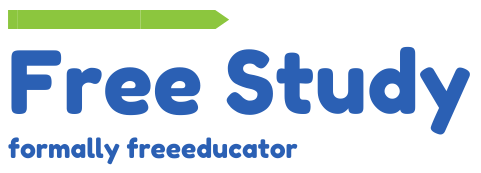
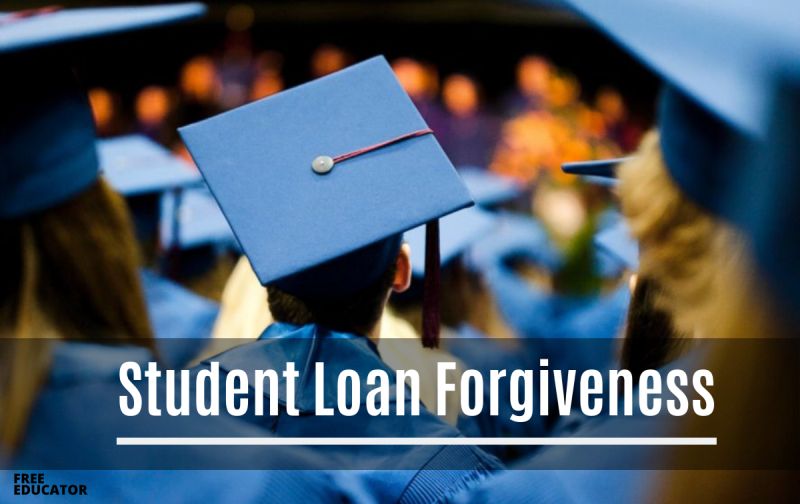



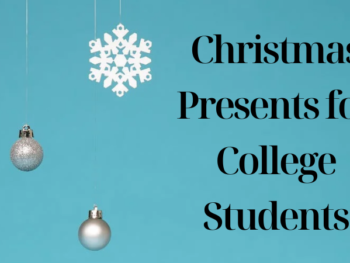



 When Do SAT Scores Come Out?
When Do SAT Scores Come Out?